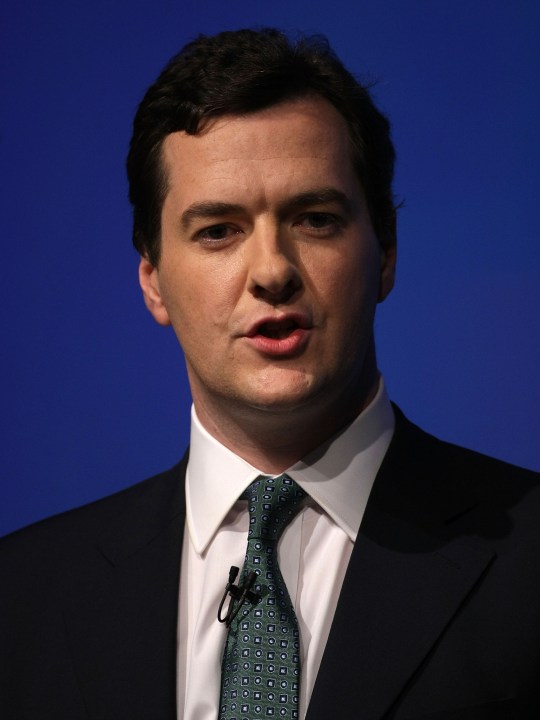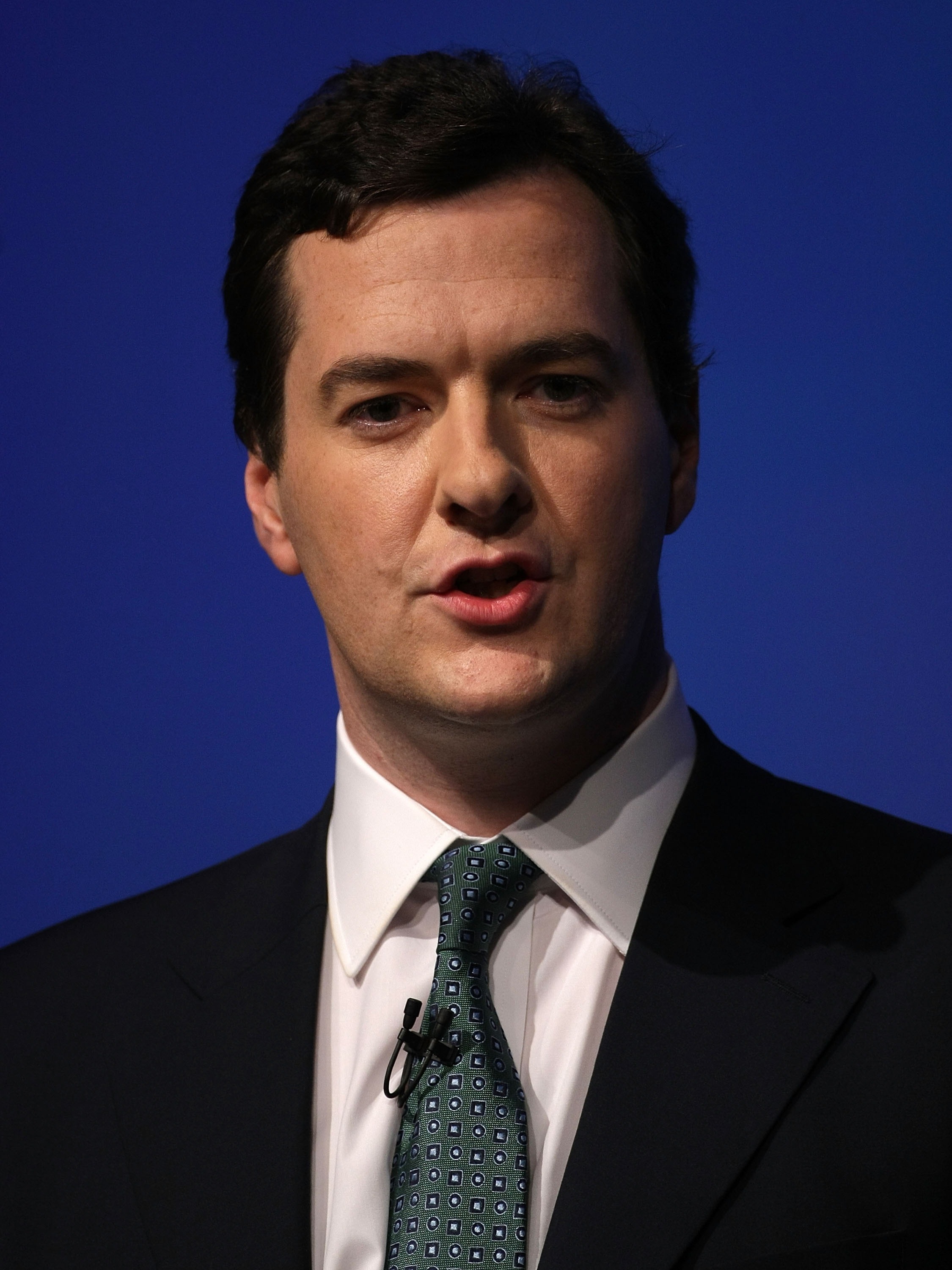 Here are George Osborne’s answers to the first five questions put forward by CoffeeHousers:
Here are George Osborne’s answers to the first five questions put forward by CoffeeHousers:
Tiberius
“I understand the reasons for not committing to upfront tax cuts, but there are bound to be some savings available from reform.
Do you have any idea at this stage how much could be available, and where would you seek to allocate any such savings?”
Thanks Tiberius. Our judgement call two years ago not to commit to upfront tax cuts, in spite of pressure from many people, has clearly been vindicated by events. When it comes to efficiency savings, we have made it clear that cutting wasteful spending is a key part of our plans. But we also recognise that we have to go further. We have to make sure that the government lives within its means. That means introducing a whole new culture of government. As Conservatives know, that is the sustainable long term approach to delivering sustainable tax cuts. In the longer term we need to tackle the drivers of state spending at source, as I set out in my CPS lecture available here: http://www.conservatives.com/tile.do?def=news.story.page&obj_id=145751&speeches=1
Patrick, London
“How profound are your ambitions to cut state spending really? Would you agree that 30% of GDP is quite enough thank you very much?”
As you will know, we’re committed to reducing the share of national income taken by the state, over an economic cycle. That’s what sharing the proceeds of growth means. But I’ve always thought it would be wrong to try to put an arbitrary figure on this – for a start, it’s dependent on the how much the economy grows over the years ahead and how big GDP is.
Nicholas
“I thought the Brown Annual Report was brilliant but it has been little reported. In PMQs Brown constantly reels off examples of Conservative opposition to public sector investment. What is the Conservative strategy for making sure the government’s outrageous budget waste (quangos, higher input than output, quantity not quality, etc.) gets more exposure in the media and that the public really understand the issues?”
Thanks Nicholas, I’m glad you like the report – I will pass on your remarks to the hard working team at CCHQ that produced it. We are working hard to ensure that the public comes to see just how badly Labour has spent their money. So a lot of the stories you read in the newspapers about Labour policy failures or wasted spending have been generated by my Treasury team, who are constantly putting down Parliamentary Questions and holding the Government to account. But we will work even harder to put the facts in front of the public.
Richard Nabavi
“Given that economic prospects have deteriorated considerably in recent months, do you think that the government’s taxation and spending plans for the next three years are sustainable, or will both now have to be changed?”
We have committed to spending totals that implied 2.1% a year real terms growth from 2008-9 to 2010-11, with a commitment to review the final year’s figure at the time of the next spending review expected in 2009. I think that is a sensible approach, given the 2.1% figure is below the trend growth rate of the economy. Don’t forget, when Margaret Thatcher inherited an economy in a similar mess, she set similar spending growth rates. When it comes to tax, as we’ve seen in recent months, the Treasury has been forced to u-turn on most of its key decisions, from fuel duty to capital gains tax. So we shouldn’t be surprised if there are yet more tax u-turns ahead. For example, we all know Gordon Brown will sooner or later be forced to abandon his deeply unfair VED plans to increase tax on family cars up to seven years old.
William Norton
“You’ve committed the Conservatives to Labour’s expenditure plans as set out in the 2007 Comprehensive Spending Review. Does this include the budgets for the Olympics (Annex D14) and Regional Development Agencies (Annex D19)?”
We have not committed to match Labour on everything they spend money on – so, for example, we’ve said we would spend money on different priorities when it comes to skills and support for families. When it comes to the Olympics, we will obviously make sure that the Games are properly funded. But it’s not just the level of funding that’s important – it’s how that money is spent. That’s why we are taking steps to force Labour to focus on delivering better value for money on the Olympic budget. To take just one example, one of the first things that Boris Johnson did when he entered City Hall was ask David Ross, one of Britain’s most successful businessmen, to do a line by line analysis of the Olympics budget so that we can try to ensure taxpayers get a better deal from the billions of pounds being spent.







Comments